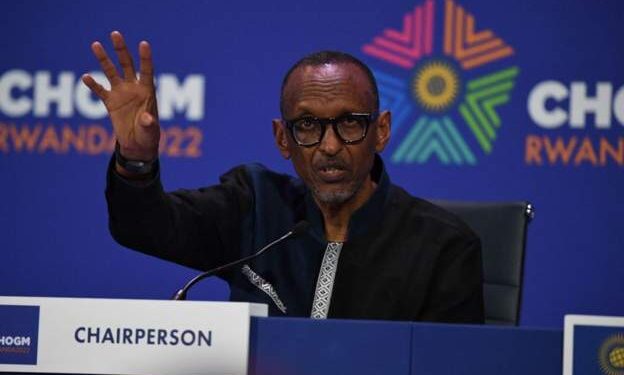Albert Kan-Dapaah, Minister of National Security, says the West African subregion experienced 17 terrorist attacks as of June 28, 2022.
He said the attacks resulted in 574 deaths with “so many injuries.”
“In April, the subregion of West Africa witnessed attacks, incidents and 315 people died. We felt that was too much, but in May, there were only 42 incidents, five less than in April, but 465 people died. The trend has not changed,” he added.
The Minister said this on Monday at the opening ceremony of the First Senior Level Regional Course for the Prevention of Violent Extremism (PVE) for West Africa Region, in Accra.
The four-day event is jointly organised by the African Union’s (AU) specialised institution – African Centre for the Study and Research on Terrorism (ACSRT) and partnered by the Federal Department of Foreign Affairs of Switzerland.
It is being supported by the Human Security Research Centre (HSRC)-Ghana.
Mr Kan-Dapaah noted that major security threats posed by terrorism and violent extremism were more widespread than previously thought, transcending borders.
Therefore, he said the course would create the opportunity for them to reflect on measures, strategies deployed thus far towards addressing terrorism and violent extremism.
He said it would also help them develop innovative approaches towards enhancing regional security.
The Minister urged participants not to shirk the fight against terrorism to policymakers of their respective governments, adding that, a societal approach was needed.
Dr. Mohamed Ibn Chambas, Former Special Representative of the Secretary-General for United Nations Office for West Africa and the Sahel (UNOWAS), said innovative approaches were required to nib terrorism and violent extremism in the bud in the subregion.
He noted that military action per se was not a sufficient guarantor of national security.
Therefore, he suggested that the response to terrorism and violent extremism should be carried out with a blend of military approach and a whole-of-society preventive measures that took into consideration the vulnerabilities of people.
Dr Chambas said PVE policies must consider creating a conducive atmosphere for economic empowerment and a sense of belonging, particularly for young people, to be productive and contribute to the socio-economic development of their communities and countries.
Mr Idriss Mounir Lallali, Acting Director, African Centre for the Study and Research on Terrorism (ACSRT/CAERT), AU Commission, said Ghana’s active involvement and participation in activities of the AU demonstrated the country’s long-standing history of working tirelessly towards peace, unity and resilience of the African Continent.
He said Violent Extremism was a multi-faceted and extremely diverse phenomena, thus making it difficult to be predicted by one variable.
Mr Lallali said in Africa, vulnerabilities such as weak political institutions, porous borders, inadequately trained and ill-equipped security forces, historical grievances mainly related to marginalisation, and lack of economic opportunities- particularly for young people- had created conditions for extremist ideologies to grow and fester.
He said political instability within the continent provided safe havens for terrorist and extremist groups and in turn, created generalised insecurity that gave rise to popular uprisings – thus resulting in a vicious cycle of insecurity and coup d’états.
Mr Lallali said although military strategies may be justifiable in combative situations, more practical and lasting solutions must be targeted in preventative measures.
He said terrorism and violent extremism would only be overcome by collectively working together in the fight against all forms and manifestations of the threat.
“Our collective action and cooperation are needed now more than ever to silence the guns on our continent,” he added.







